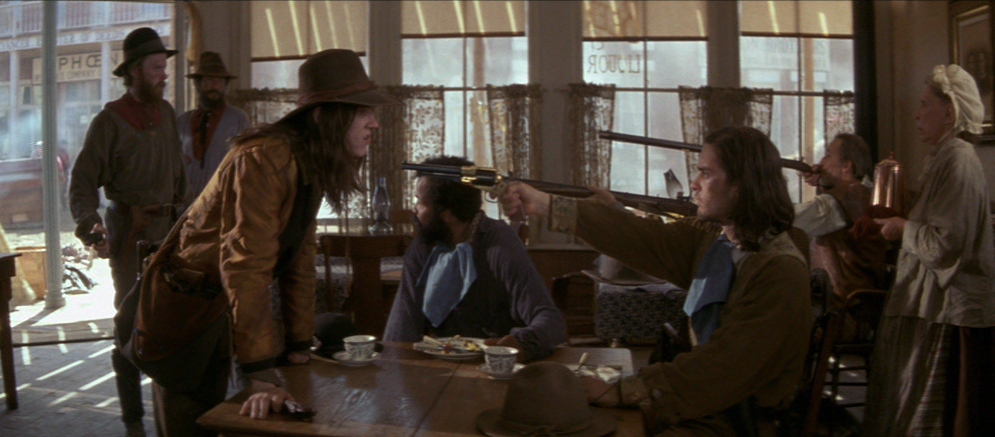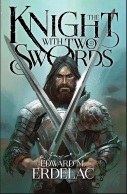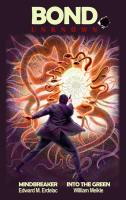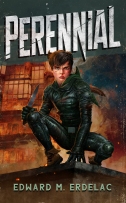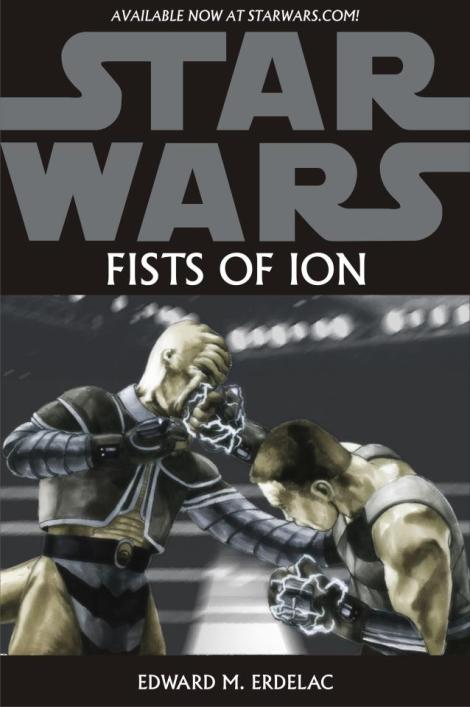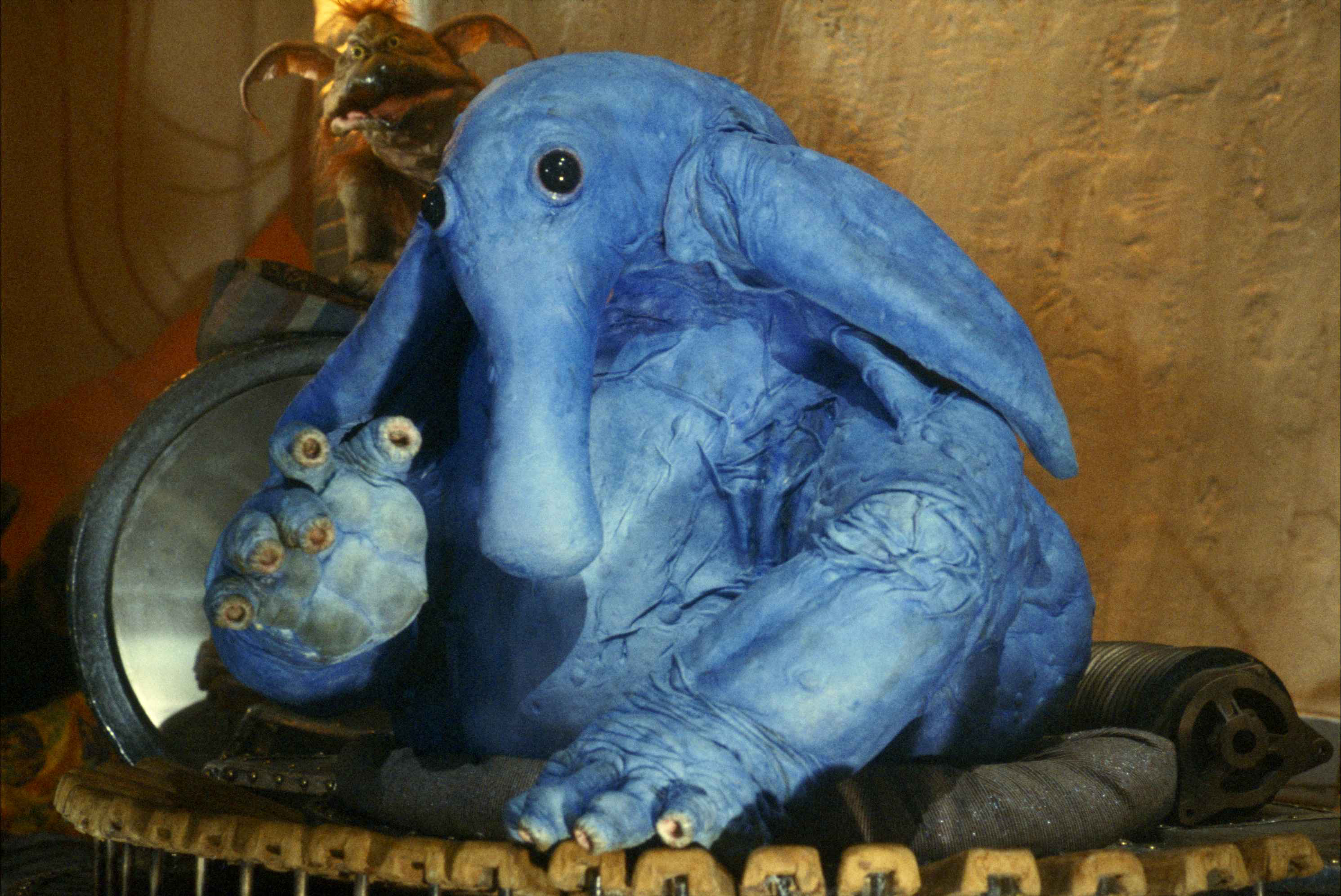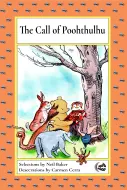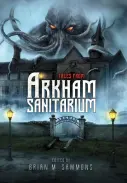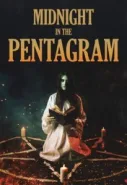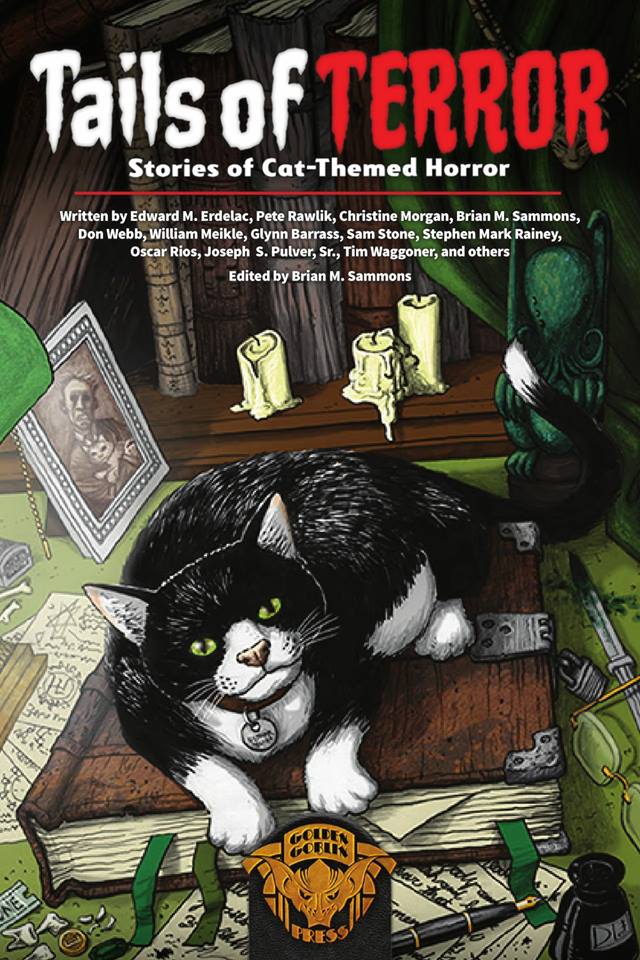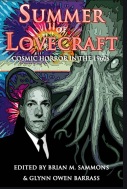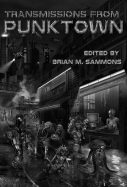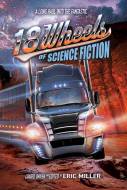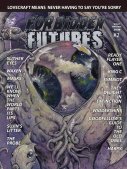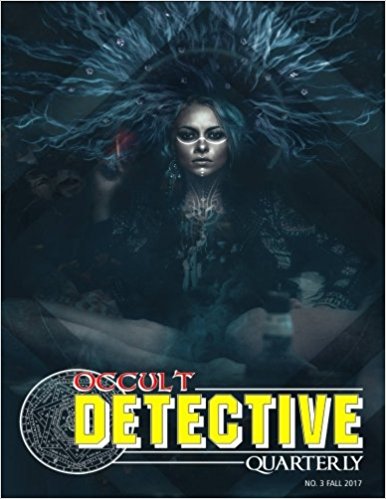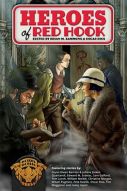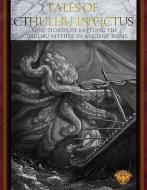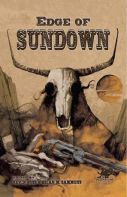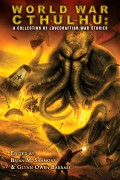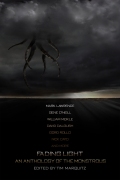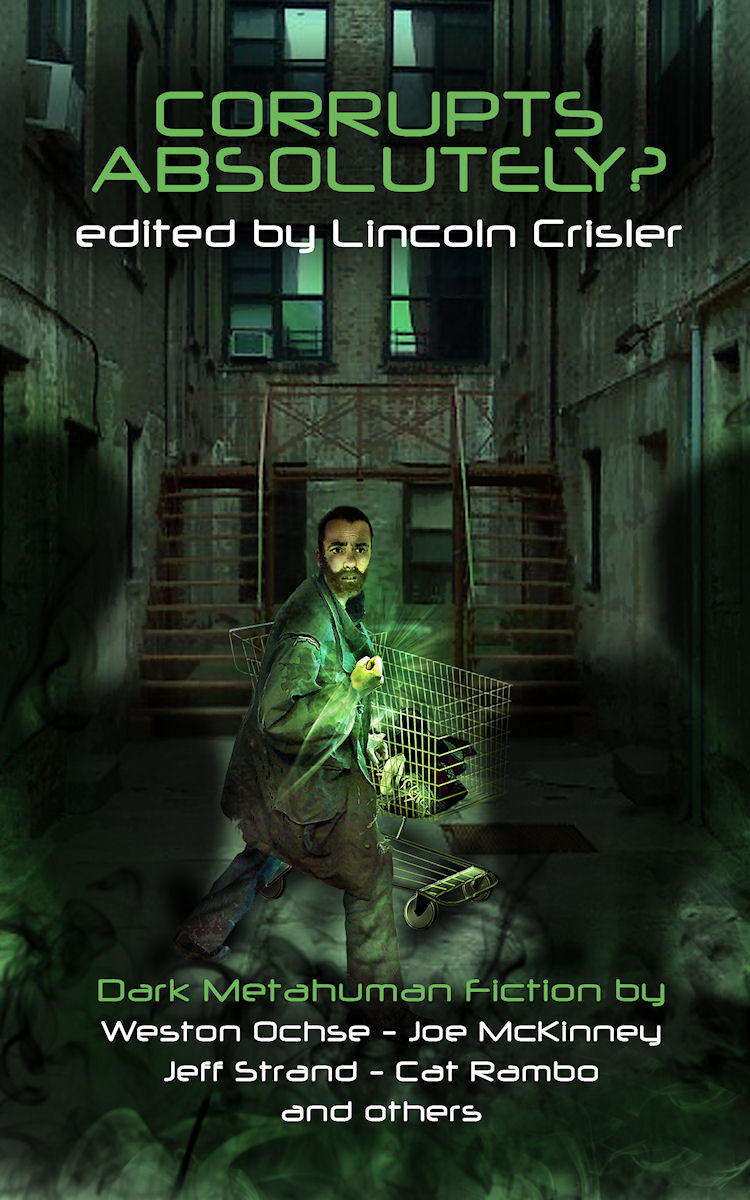The first film about the American Civil War was D.W. Griffith’s Birth of A Nation. The last Civil War movie of the 20th century was Ang Lee’s mostly overlooked and criminally forgotten Ride With The Devil, one of my favorites.
One of the most fascinating theaters of the American Civil War for me has always been the Kansas-Missouri guerilla conflict that began in the late 1850’s and was a precursor to the greater nationwide conflict. John Brown and his abolitionist raiders were dress rehearsing the Civil War with pro-slavery Missouri guerillas well before the first shot was fired at Fort Sumter. This setting was marked by bloody neighbor on neighbor armed violence and bitter, violent reprisals unbound by any agreed-upon rules of so-called civilized engagement. The setting spawned movies like Seven Angry Men, Dark Command, and The Outlaw Josey Wales, but the best of them, and a movie I feel has lately become relevant to the current day and age, is this one, about a pair of idealistic, if woefully misguided Missourians (Skeet Ulrich as wealthy planters’ son Jack Bull Chiles and Tobey Maguire as modest son of German immigrants, Jake ‘Dutchy’ Roedell) who join the ranks of the Missouri bushwhackers when Jack Bull’s father is murdered by a band of Kansas Red Leg raiders.
Black John (Jim Caviezel)’s raiders give no quarter and often don captured Union uniforms to lull Federal soldiers into a false sense of security before gunning them down. Among their number, Jake and Jack Bull meet up with an unlikely pair, another wealthy orphan, George Clyde (Simon Baker) and his companion Daniel Holt (Jeffrey Wright), a free black man. The notion of an African American willingly fighting for the Confederacy is definitely problematic on the surface and may put viewers off entirely, but as this is one of the accomplished actor Jeffrey Wright’s personal favorites among his own roles, on that point alone it bears consideration.
Ride With The Devil is not a film of stark goods and evils. It’s a nuanced work that asks a lot of its audience, beginning with its opening scene of a southern pastoral wedding, as congenial African Americans (we do not see the field hands) serving well-to do white guests as a pair of apparently privileged young men jokingly equate marriage to slavery. This is almost Gone With The Wind territory, until at dinner, tensions briefly flare up among the guests over the matter of armed guards at the gate and Yankee aggressors, a phrase a man at a neighboring table takes exception to, until the host calms them both down, reminding them that they are all old friends. I’m reminded of uncomfortable holiday dinner conversations in the present day. Jake Roedell returns to his German father’s workshop after the party and gets into an argument when his father advises him to travel to St. Louis with “the other Lincoln lovin’ Germans” to avoid a fight that his father says has nothing to do with them. Jake protests that he is a southern man, to which his father replies “To them you will always be a Deutchman.” Over the course of the film, Jake will come to realize that he’s not as welcome in the hierarchy of the unspoken southern caste system as Jack Bull and his family have led him to believe. Daniel Holt is a complex character who begins as a silent observer, a walking conundrum that confounds even his allies. It seems that every time he’s introduced, to Jake and Jack Bull, to coquettish widow Sue Lee Shelly (Jewell), people take pains to, almost apologetically, explain his presence. And the explanations, though well-meaning and even admiring (“he’s a damn fine scout and a good Yankee-killer when you give him a gun”), are laced with blatant, ingrained racism (“He’s a nigger I trust with my life every day”). In fact, more often than not, he is simply referred to as ‘George Clyde’s nigger.’ Though in fact, he is no one’s property.
We learn that Holt never belonged to George at all. Holt was enslaved on a neighboring farm, and grew up as a playmate to George. When George Clyde’s family was murdered by Jayhawkers, George bought Holt and freed him. Holt has remained at George’s side since, out of loyalty. Though a free man, he is perhaps a victim of a subtler form of slavery; obligation. In the most powerful and transformative scene of the movie, Holt admits to Jake that “I believe I loved George, but bein’ that man’s friend wasn’t no different than bein’ his nigger.”
Wright tells an interesting anecdote about being asked to dub this scene for airplane flights, specifically, to overdub the racially charged epithet ‘nigger’ with ‘Negro’ to make it more palatable to the ears of in-flight customers. Wright walked out of the session and later found another actor was brought in in his place to do what he was told “so that the airplane folk would be comfy in the darkness of their own ignorance around the language of race.”
https://ew.com/jeffrey-wright-dubbed-censorship-ride-with-the-devil-8419873
Ride With The Devil is a story about personal emancipation. There is no external savior for Holt, or for Jake, who similarly joins the Bushwhackers out of loyalty to Jack Bull when his father is murdered. Jake is a working class son of pro-Union German immigrants, and in a telling scene around a campfire as the Bushwhackers are playing cards, he realizes to what esteem his compatriots hold him when someone bets two grisly Negro scalps taken during a recent raid and another player sees the ante with one German scalp. His loyalty is constantly questioned by his companions, every act of mercy he allows is seen as evidence of his betrayal to The Cause. As the film progresses, Jake and Holt gradually retreat from ‘the Cause’ and gravitate more and more towards each other’s company (in the process, earning an increasing measure of resentment from their fellows, particularly the psychotic Pitt Mackeson, played with feral dynamism by Jonathan Rhy Meyers). They are both pariahs in the greater group, (representative of the period Southern planter culture) by reason of their birth; Holt by his race, Jake by his nationality and economic station. Holt and Jake are comparative innocents, fighting out of a sense of personal love and duty, siding with the Devil around them out of obligation, unmotivated and perhaps even willfully ignorant of the implications of the cause they support, until directly faced with it.
For Holt this comes during Quantrill’s raid of Lawrence, Kansas, a decidedly one-sided attack on the perceived bastion of the anti-slavery Jayhawkers, as he watches with obvious, barely restrained distress while his compatriots gleefully heap the bodies of innocent black men and boys in the middle of the street.
Thus, the struggle of the movie for its two main characters is not a physical confrontation against the Union or the Confederacy or the murderous Pitt Mackeson, it is an internal battle to free their own souls, to reject their circumstances and pull a new life from the ashes of the old.
In the end, Jake finds purpose outside of the war, in family. Holt resolves to seek out his own people, on his own terms (there is a great bit where Holt slips his pistol through his belt and Dutchy asks “You really wanna carry that on the outside like that?” to which Holt does not reply. He has self-determined. He is no longer subservient to any man. He is his own and will from now on expect to be treated as such.). In parting, Jake calls him by his full given name, the first time anyone has in the entire movie, and the effect it has on Holt is brilliantly conveyed in Wright’s eyes and labored reply. His personhood has been acknowledged by Jake, an actual friend to him. It’s a beautiful scene, illuminated by a lovely orchestral score from Mychael Danna.
I think Ride With The Devil’s message, completely overlooked and un-marketed in its release (look at the lazy posters) is well worth revisiting in these times of turmoil, when lines seem to be drawing up between proponents of clashing ideologies. As an outside observer, Ang Lee looks at our tumultuous racial history in Ride With The Devil and shows us ourselves as we are today in the conflicts of our ancestors. We can self-determine and self-emancipate from the relationships and cycles that do not serve us but force us to serve them. We can climb down out of the saddle if the trail everybody around us is headed down doesn’t fit our pistols.
It’s a wonderful film, beautifully shot, with engaging characters and lyrical dialogue (adapted from Daniel Woodrell’s novel Woe To Live On). Worth a watch.




